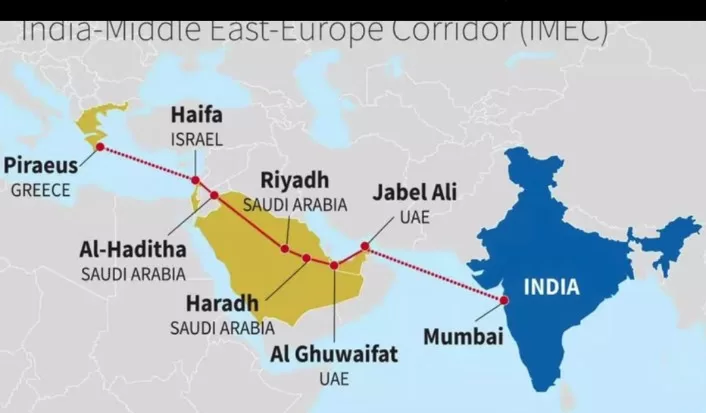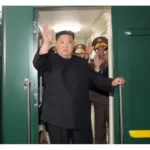New Delhi: The recently concluded G20 summit in New Delhi delivered several notable developments, offering a glimpse into the dynamic shifts taking place in the international order. This assembly of the world’s 19 leading economies, joined by the European Union, made a significant stride by welcoming the African Union into its fold. Notably absent from the summit was China’s President, Xi Jinping, sending a discernible message to the host nation and Western G20 members. Russian President Vladimir Putin also chose to stay away.
While the official declaration voiced strong opposition to the use of force and the infringement of any state’s territorial sovereignty, there was no direct condemnation of Russia’s invasion of Ukraine. This nuanced stance appears to be a compromise solution, reached to bridge the wide geopolitical divergences among G20 members.
A momentous announcement at the summit was the launch of the India-Middle East-Europe Economic Corridor, an ambitious endeavor often likened to a contemporary ‘Spice Route.’ This colossal project is designed to establish a strategic link between India and Europe, traversing the Arabian Peninsula. Hailed as a “real big deal” by U.S. President Joe Biden, it is positioned as a rival to China’s Belt and Road Initiative (BRI), encompassing transcontinental transportation, energy, and data connections.
The evolving landscape suggests that both the G20 and G7 are endeavoring to evolve from Western-dominated forums into more ‘inclusive’ organizations open to greater participation from Global South nations. The expansion of BRICS (Brazil, Russia, India, China, and South Africa) and the Shanghai Cooperation Organization (SCO) have likely contributed to these revised priorities, which is why the African Union has been actively pursued as a partner. Geo-economic and geopolitical considerations are also at play, with the India-Middle East-Europe Economic Corridor strategically countering the BRI and Russia-led International North-South Transport Corridor.
It’s noteworthy that Beijing, despite its G20 membership, was not invited to participate in the novel project linking India and Europe. This initiative is set to facilitate the connection between Israel and Arab states.
The establishment of multiple transcontinental energy and trade corridors is not necessarily detrimental, as competition can foster progress. Developing nations can thrive by attracting investments and serving as pivotal nodes within these extensive networks.







